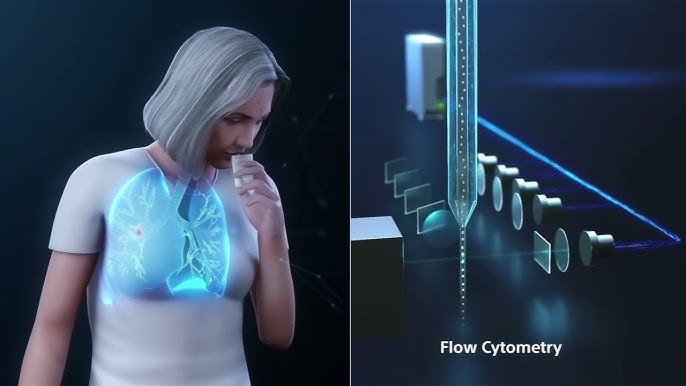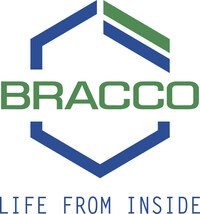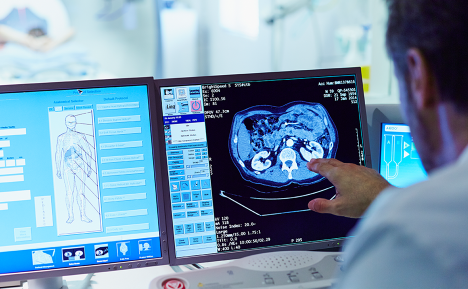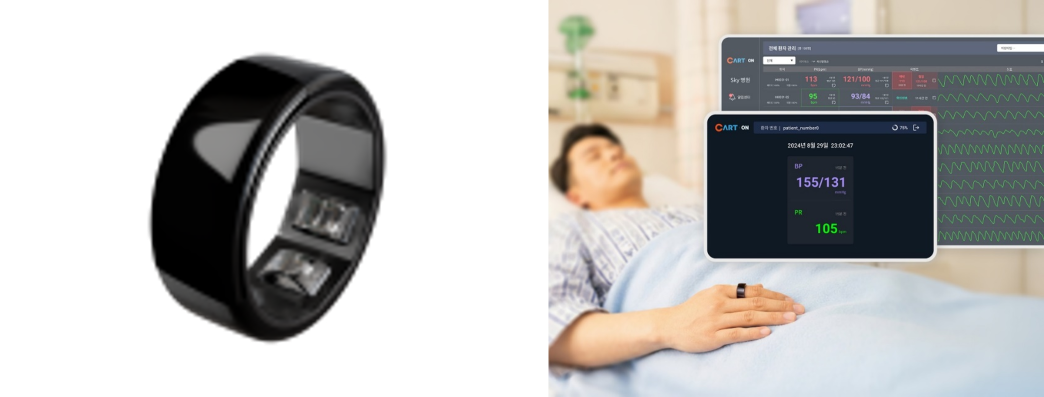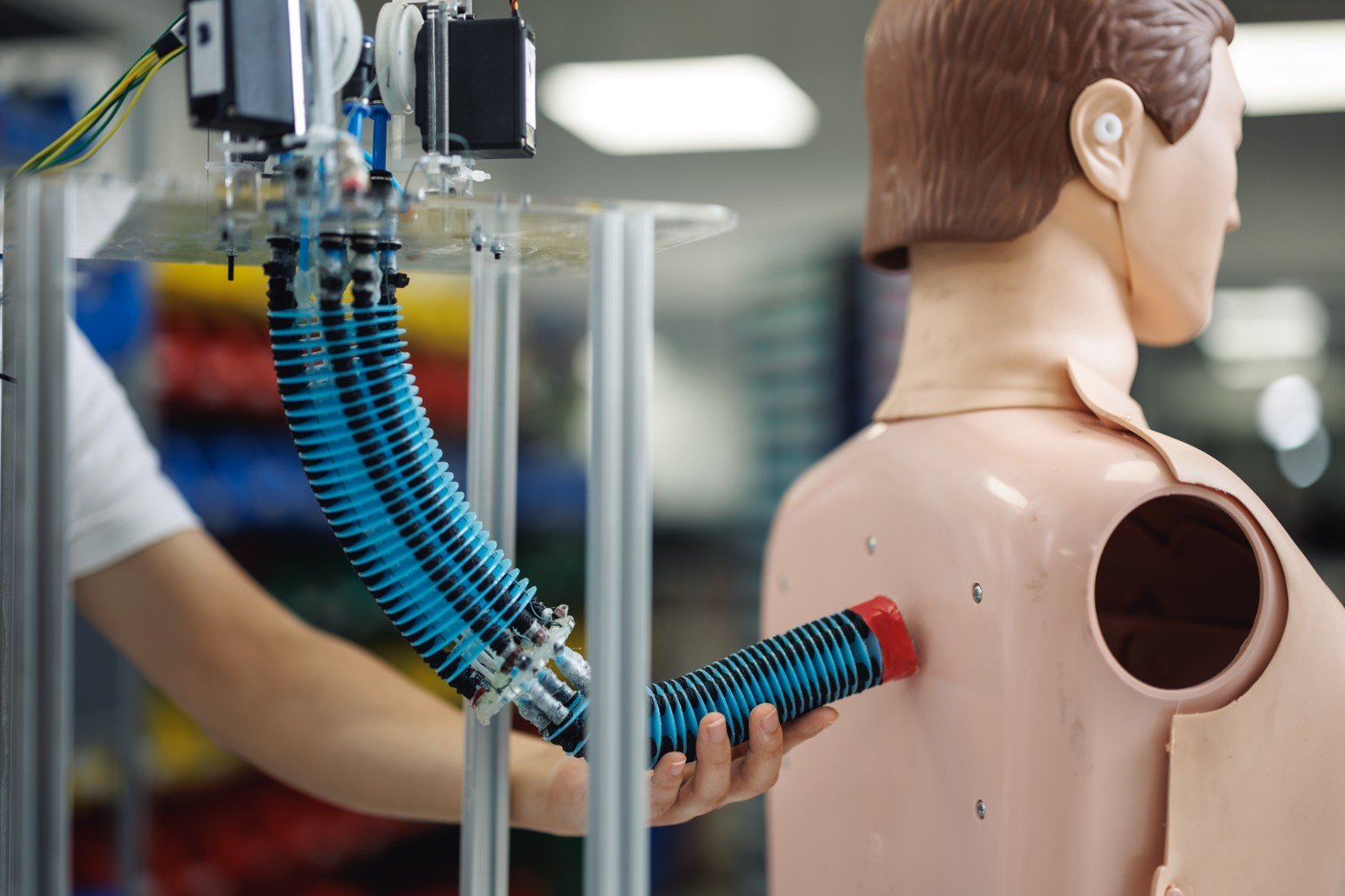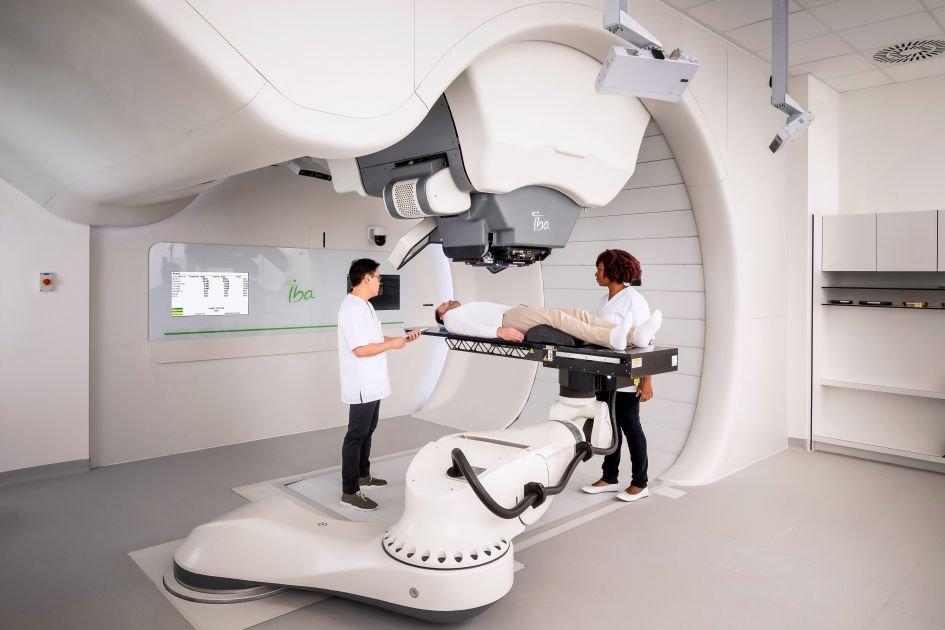bioAffinity Technologies has secured a significant international milestone with the Canadian Patent Office granting Patent No. 3,136,245 for the company's proprietary CyPath® Lung diagnostic platform. This patent, titled “System and Method for Determining Lung Health,” protects the method of using specific antibodies and the porphyrin TCPP to label cell populations in sputum, followed by flow cytometry analysis to detect lung cancer cells. The approval not only strengthens the company’s global intellectual property portfolio but also affirms the scientific innovation underlying CyPath® Lung—a noninvasive diagnostic that offers a highly sensitive and accurate alternative to traditional lung cancer detection methods.
The granted Canadian patent arrives at a crucial time, as lung cancer continues to be the leading cause of cancer deaths in the country, with a reported 20,700 deaths in 2024 alone. Notably, over 70% of these cases are attributed to smoking, and 50% of patients are diagnosed only at Stage IV, when treatment options are limited and outcomes are poor. By enabling early-stage detection through a simple sputum sample, CyPath® Lung offers a transformative tool for screening individuals at high risk, particularly those with small nodules under 20mm. In clinical studies, the test demonstrated 92% sensitivity, 87% specificity, and 88% overall accuracy-numbers that position it as a compelling solution to support Canada’s public health priorities in cancer prevention and early diagnosis.
Looking ahead, the Canadian patent, alongside recent awards in China and other jurisdictions, reflects bioAffinity’s strategic commitment to global market expansion and long-term value creation through proprietary science. As health systems worldwide continue shifting toward personalized, preventative care, CyPath® Lung's noninvasive, affordable, and scalable approach will be critical in reducing late-stage lung cancer diagnoses. The company’s ongoing efforts in clinical validation and commercial deployment further position CyPath® Lung to become an essential diagnostic tool in both national screening programs and routine clinical practice.

